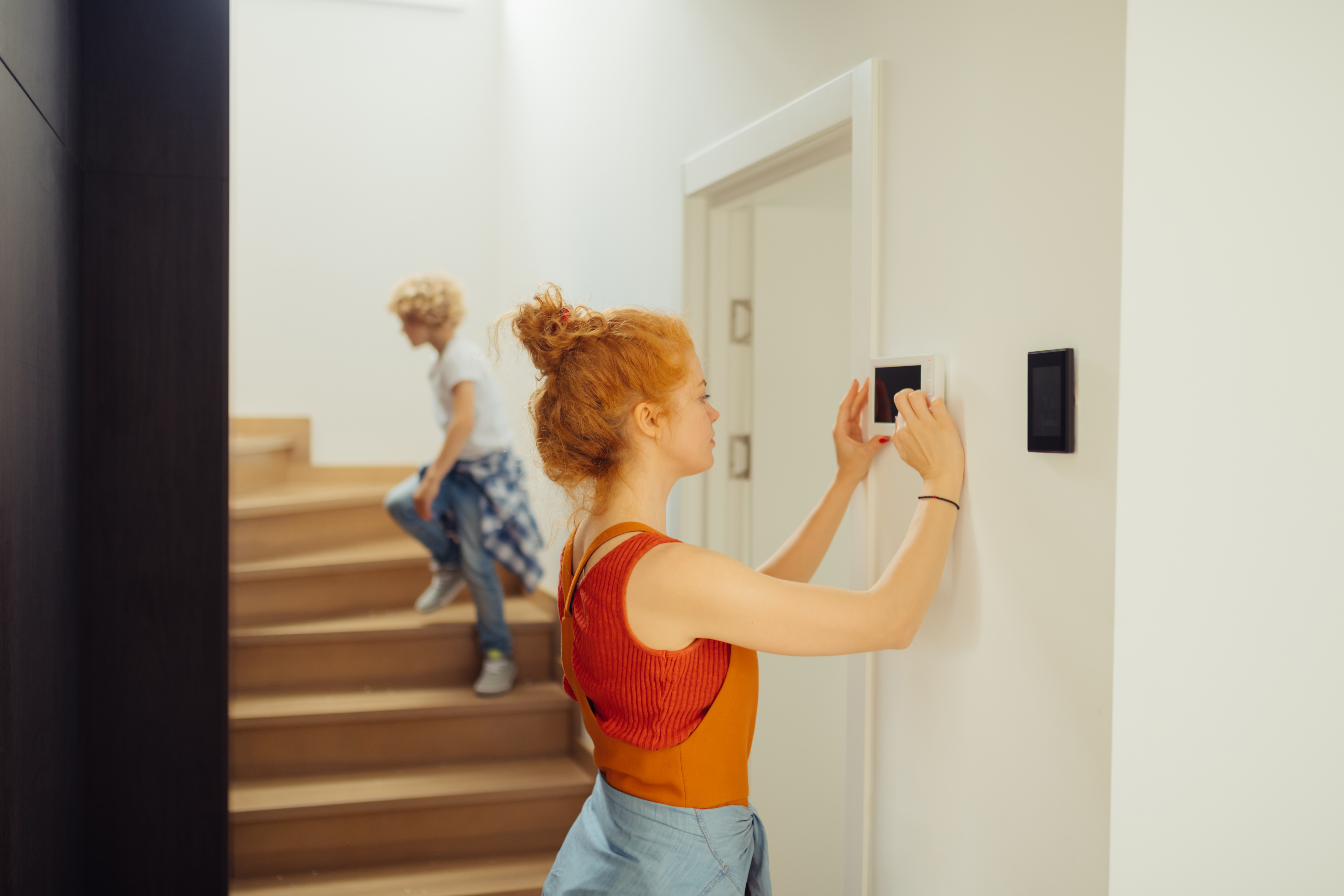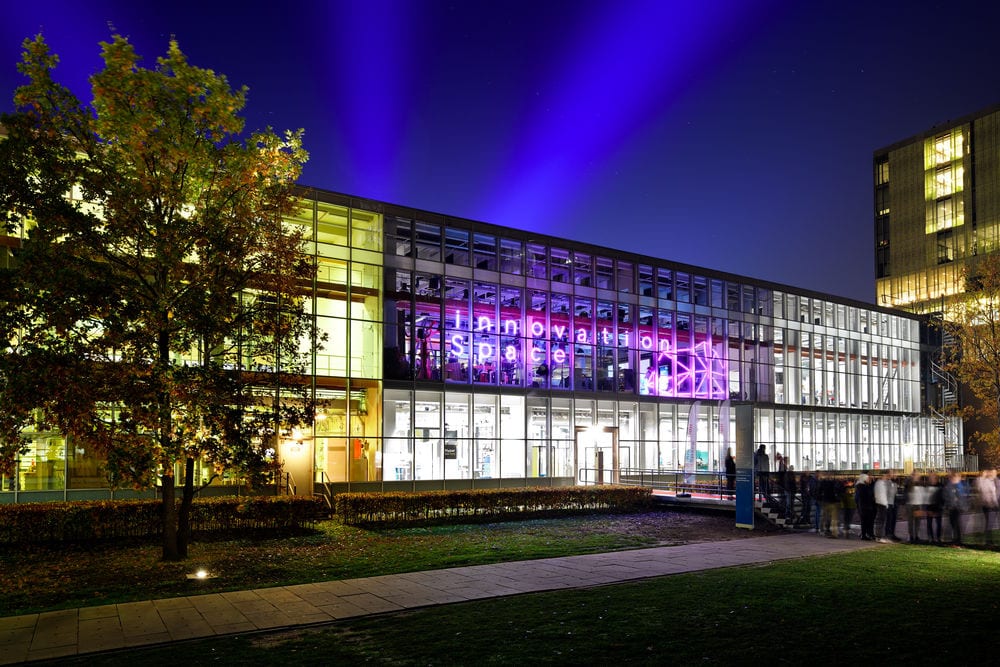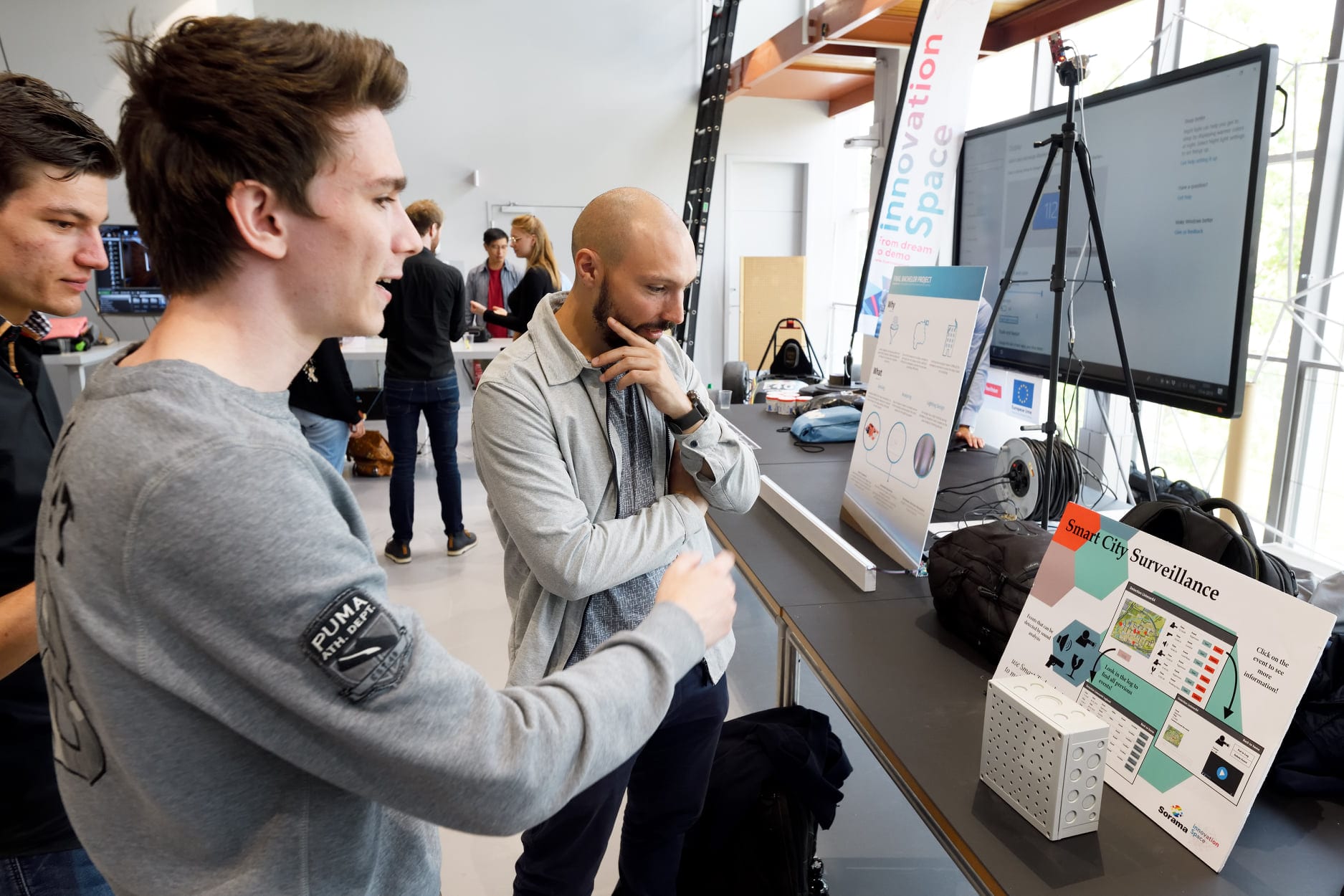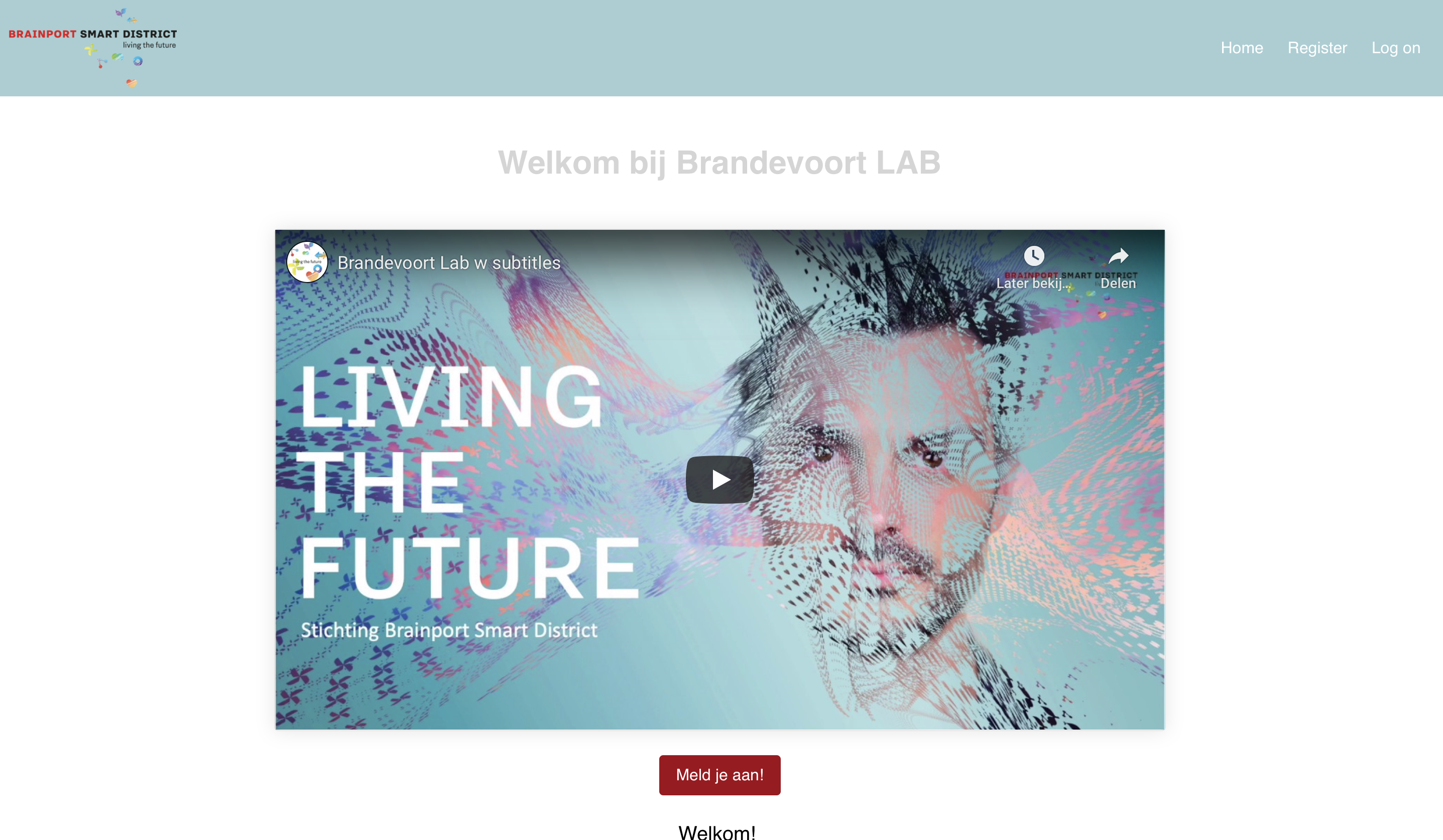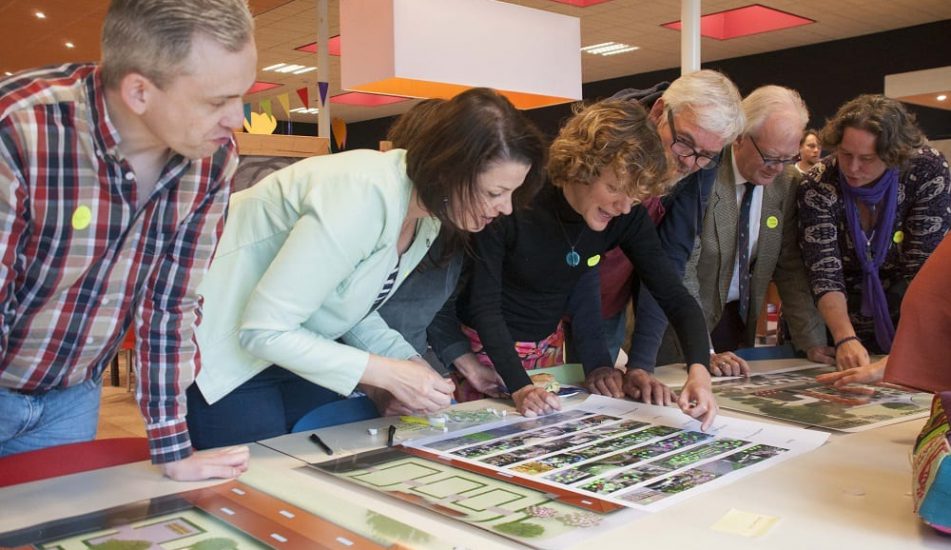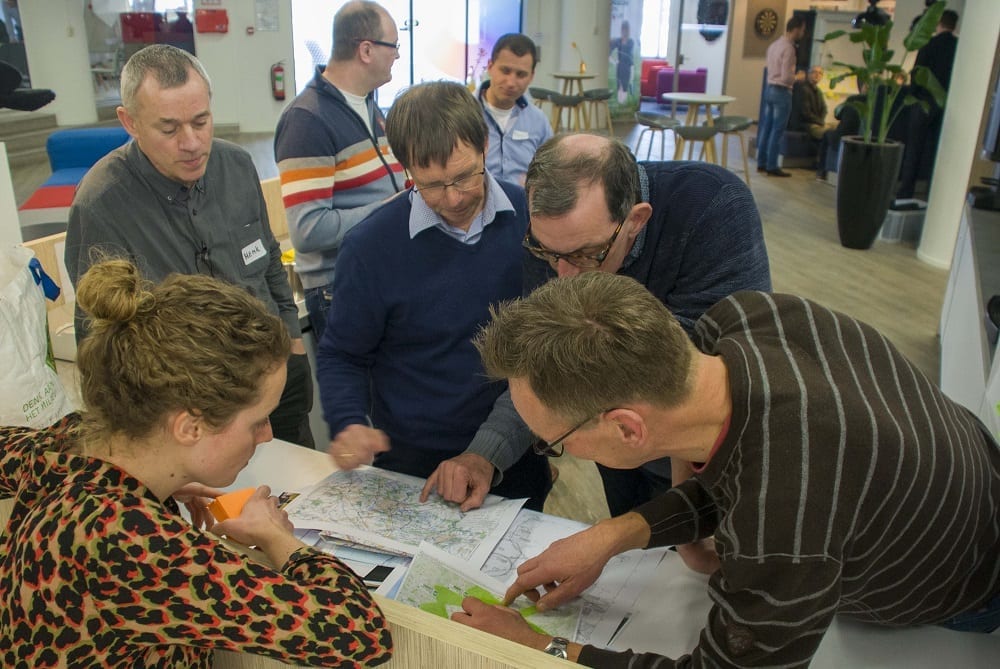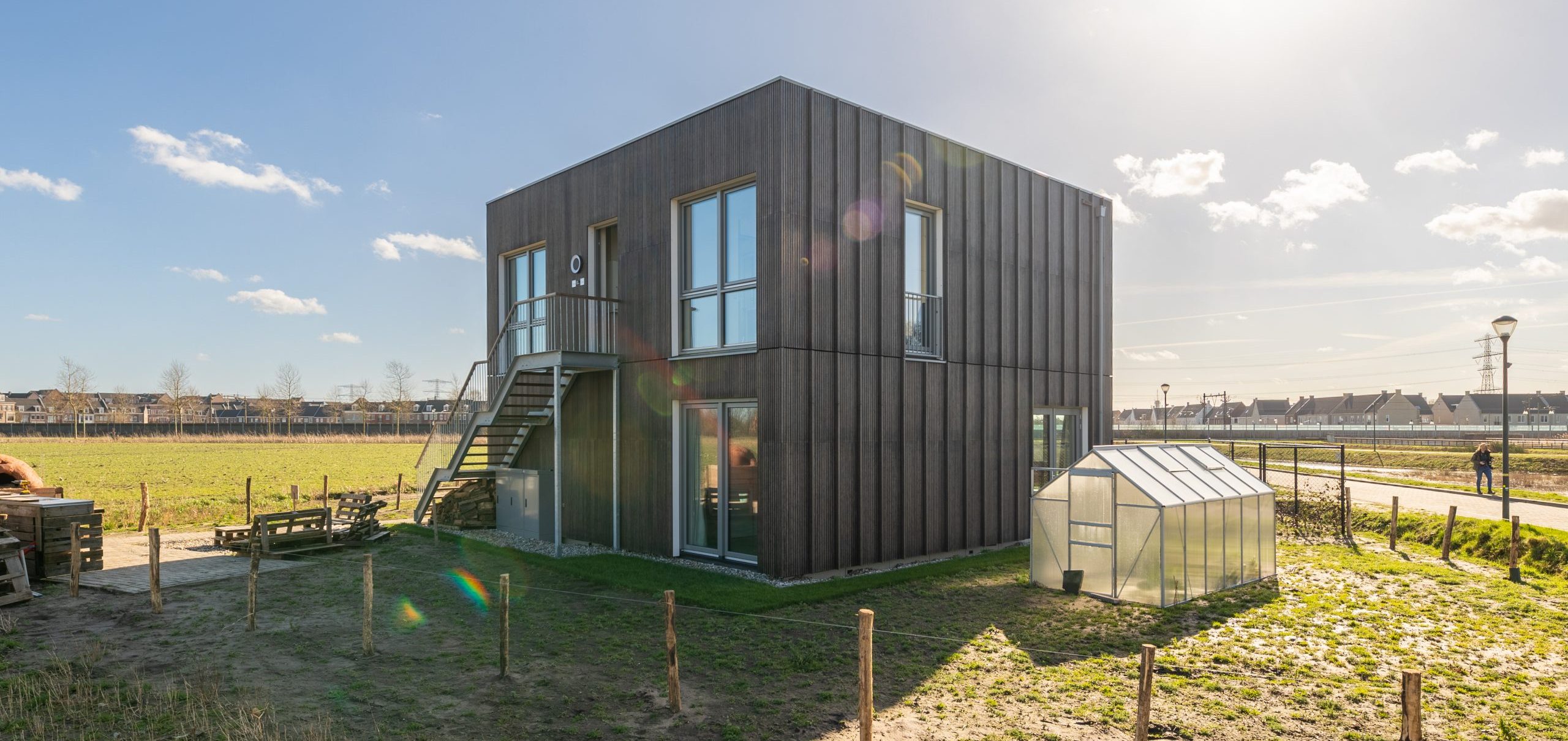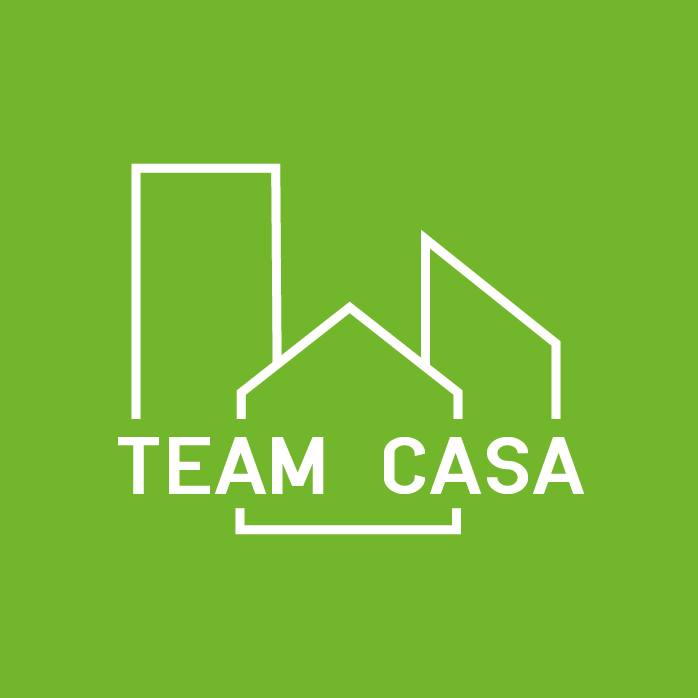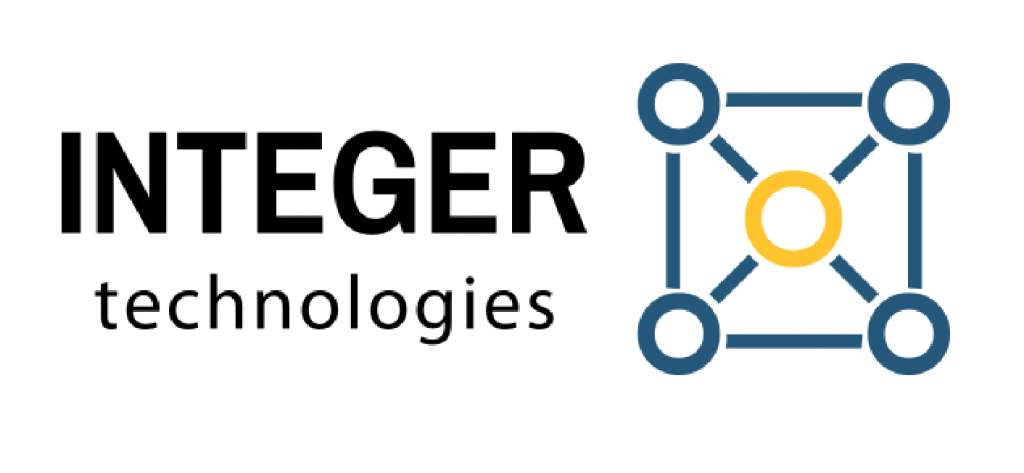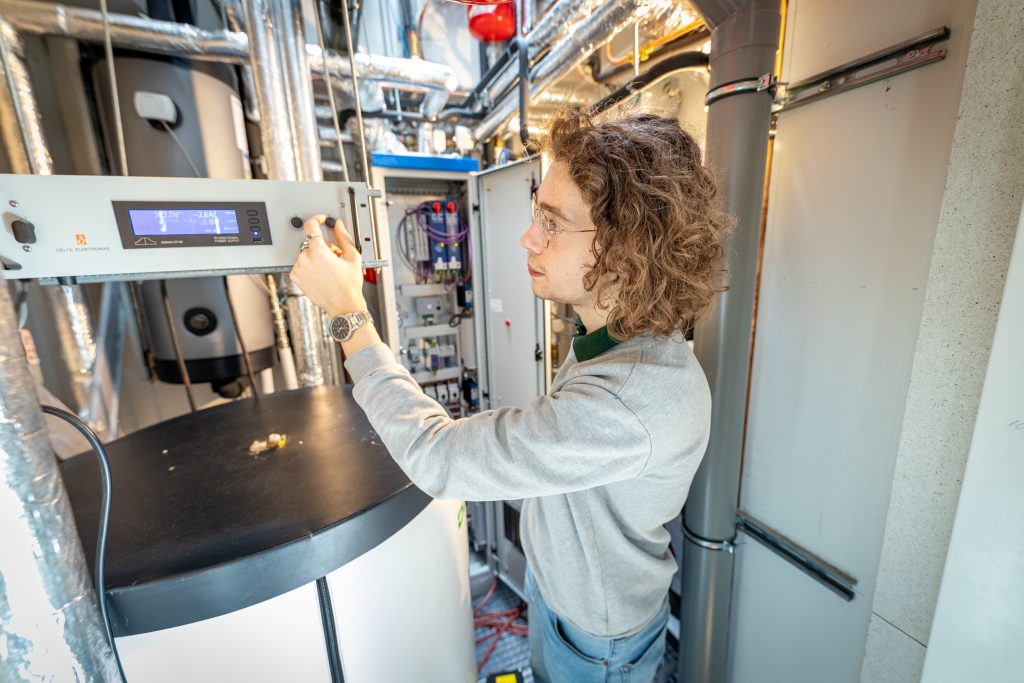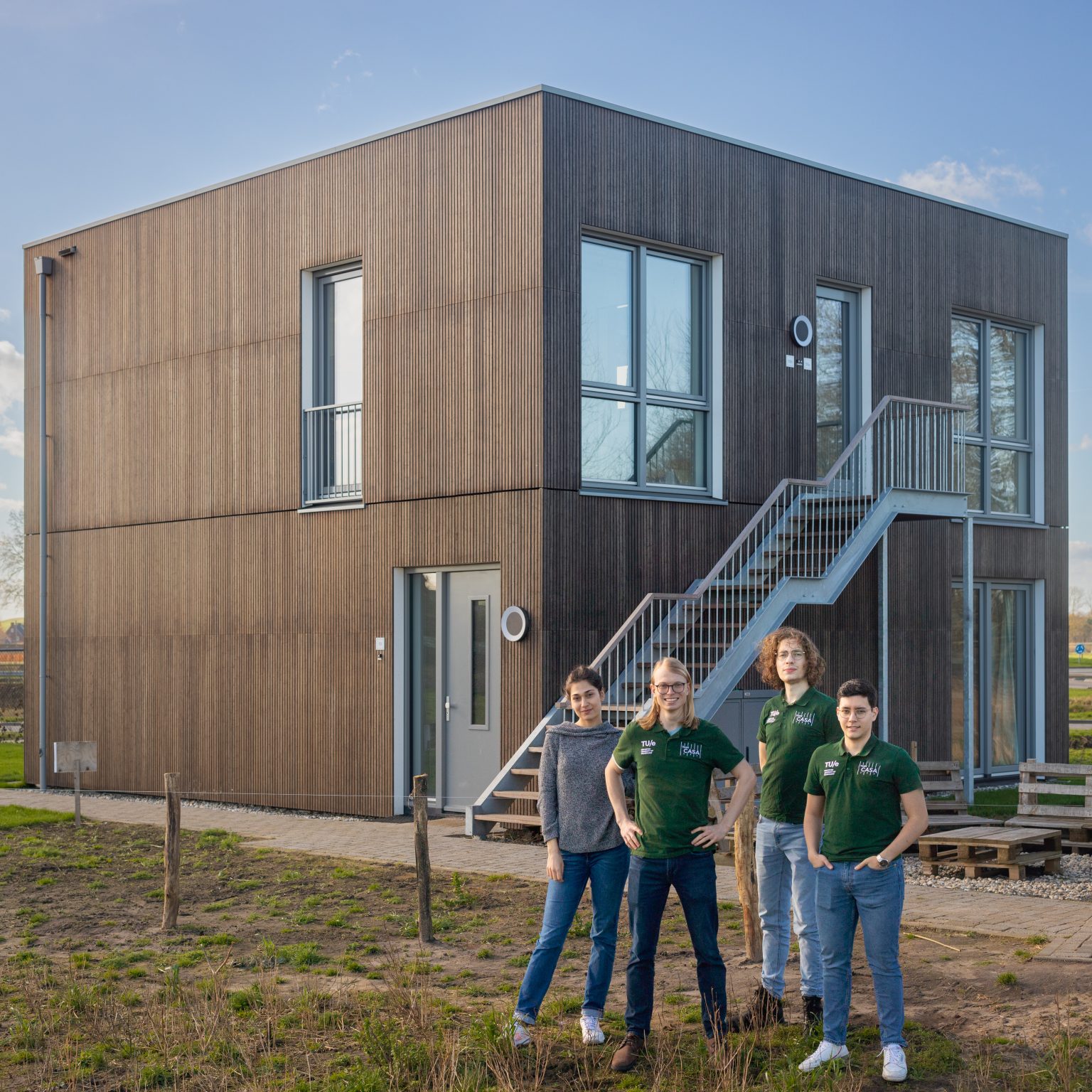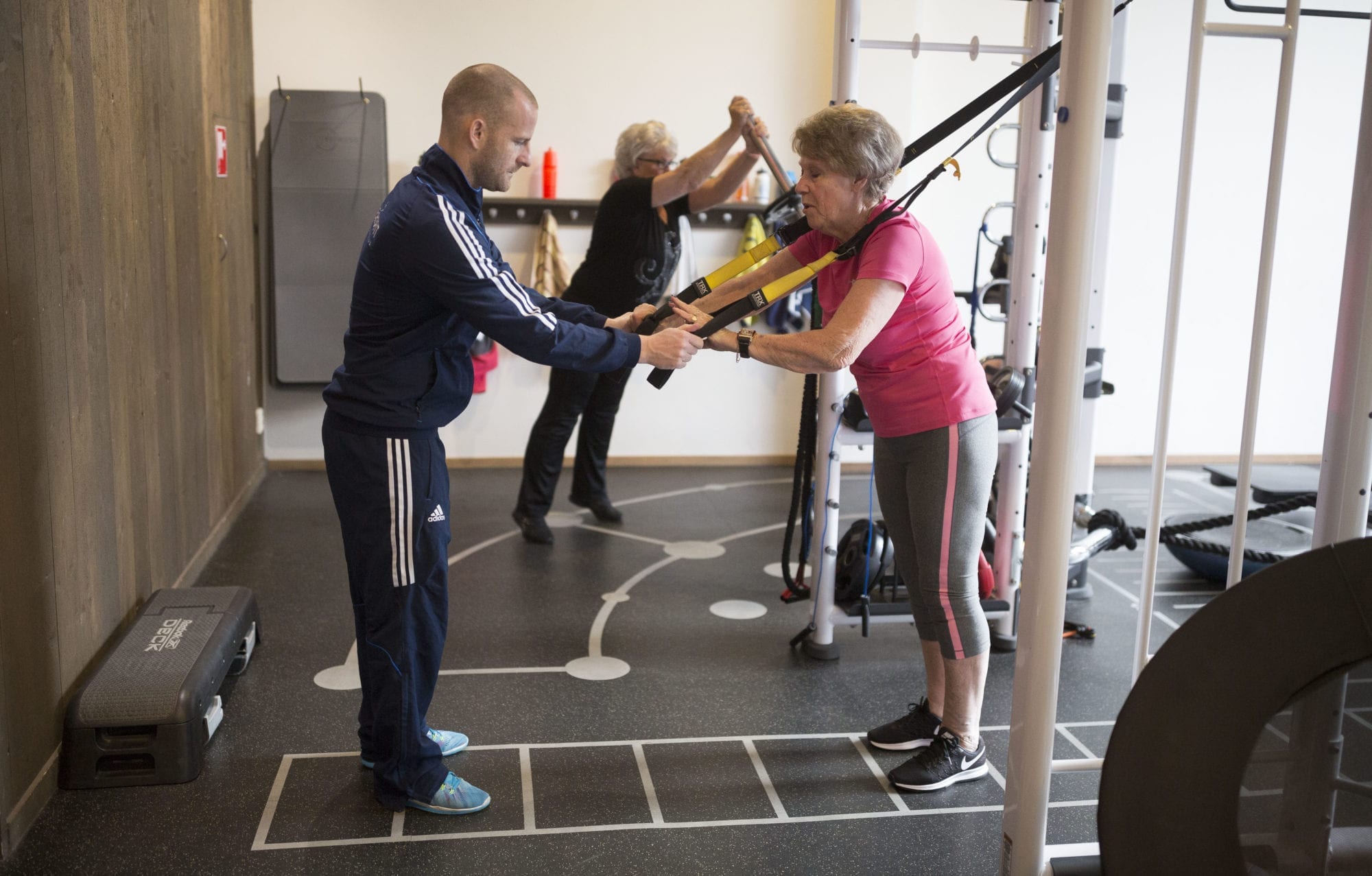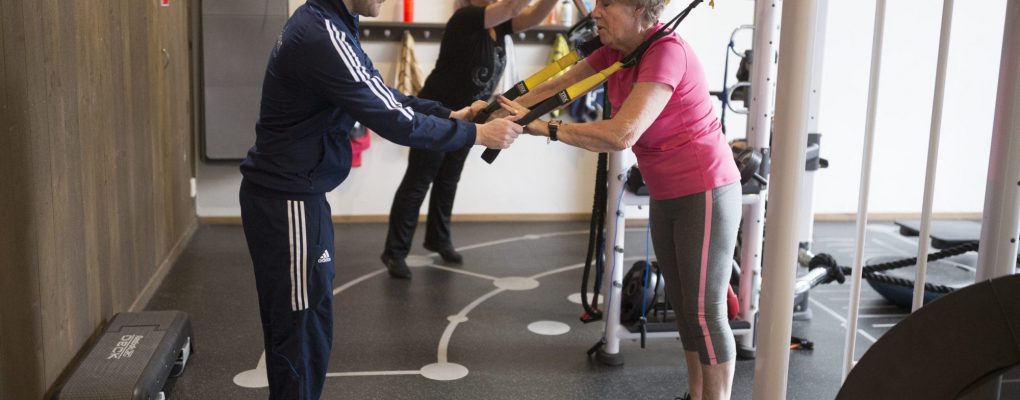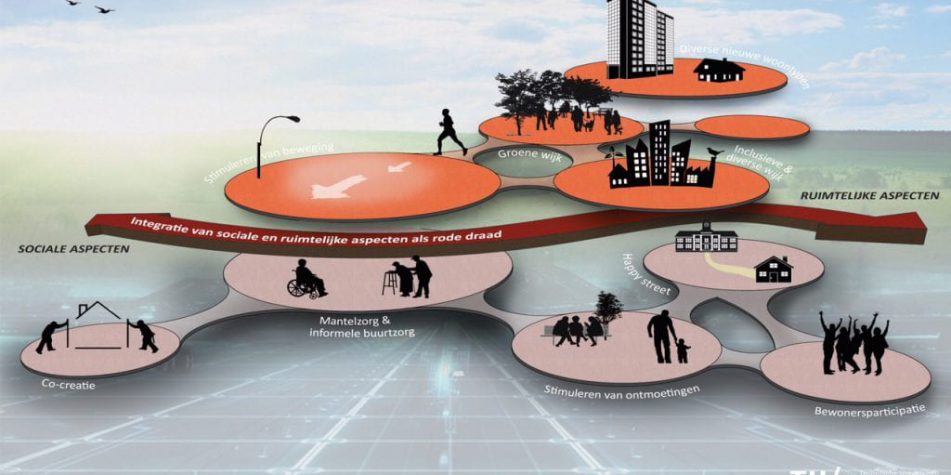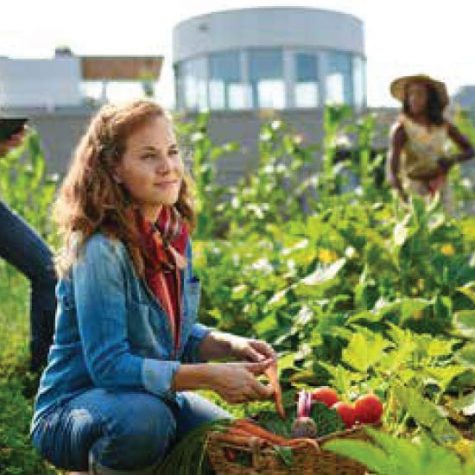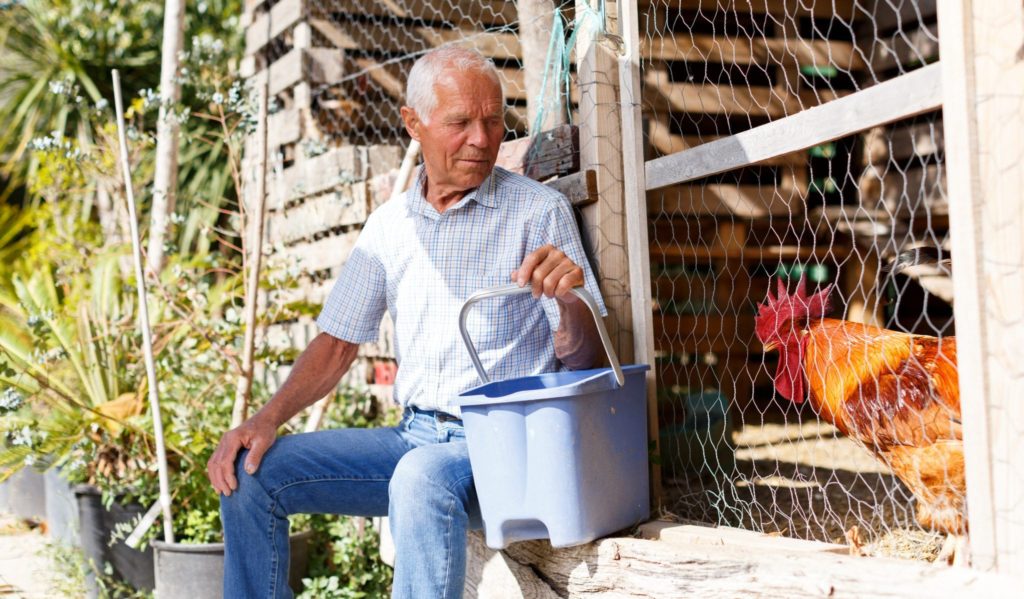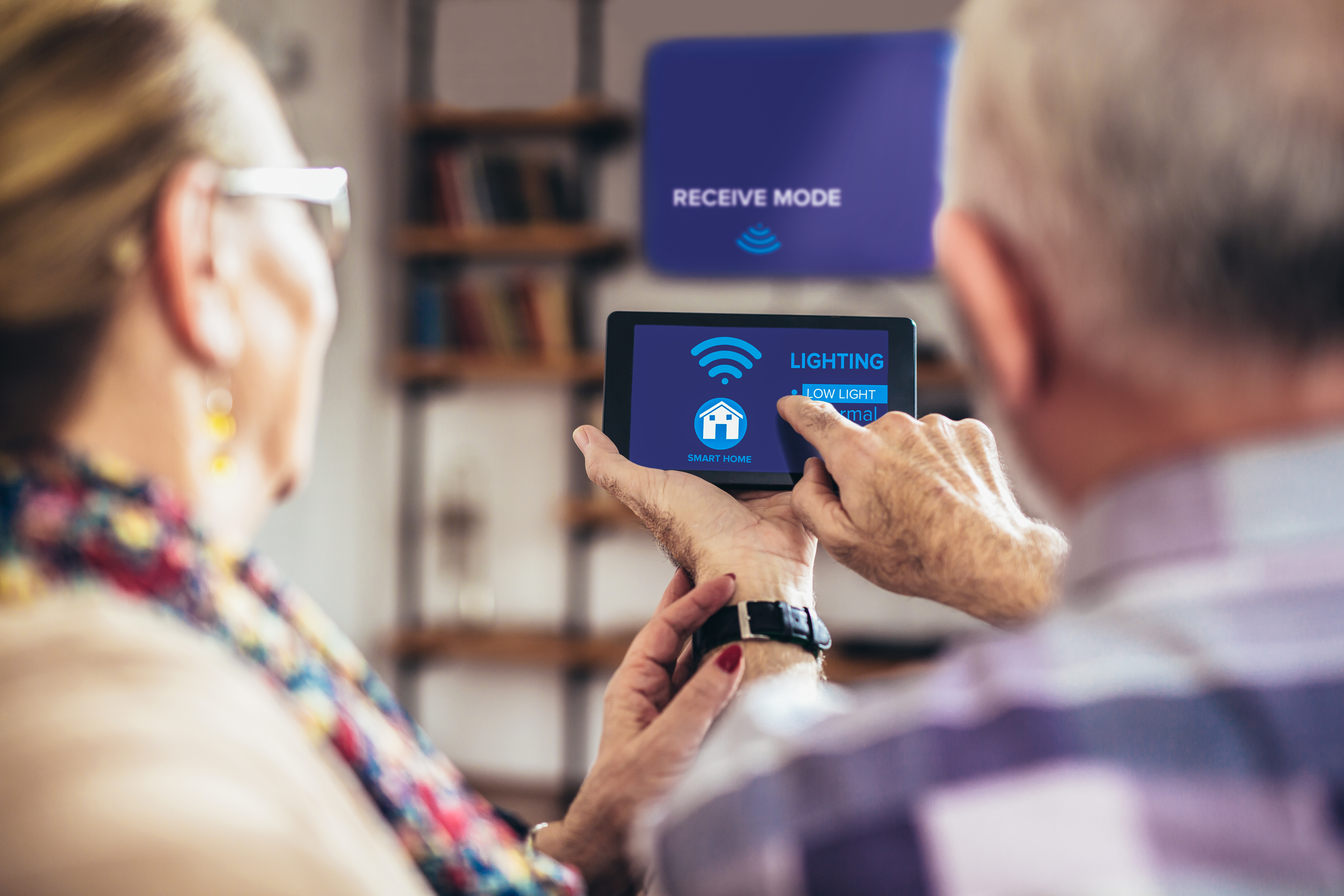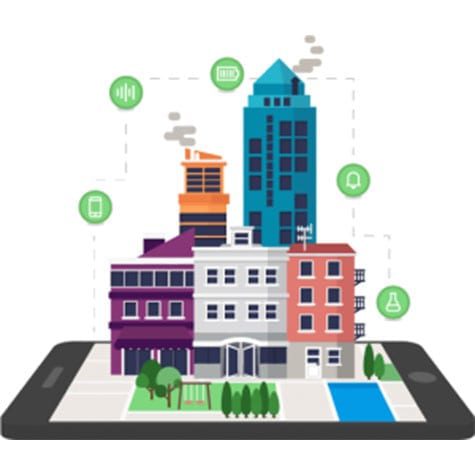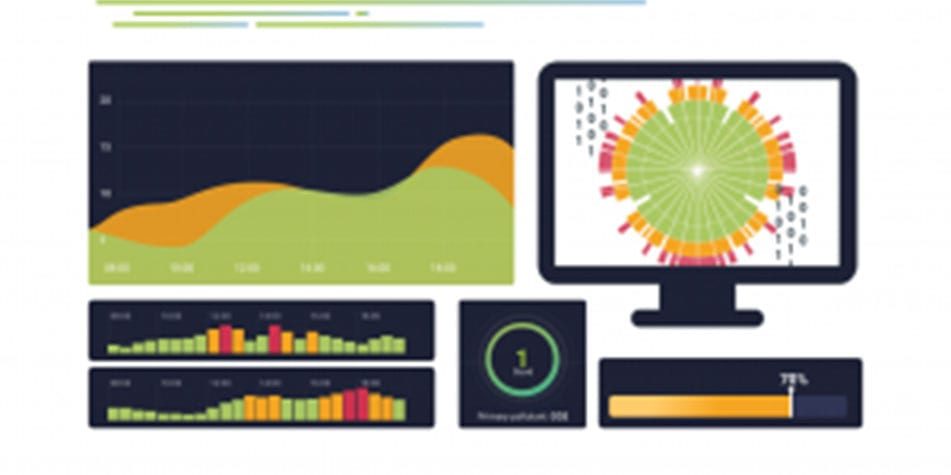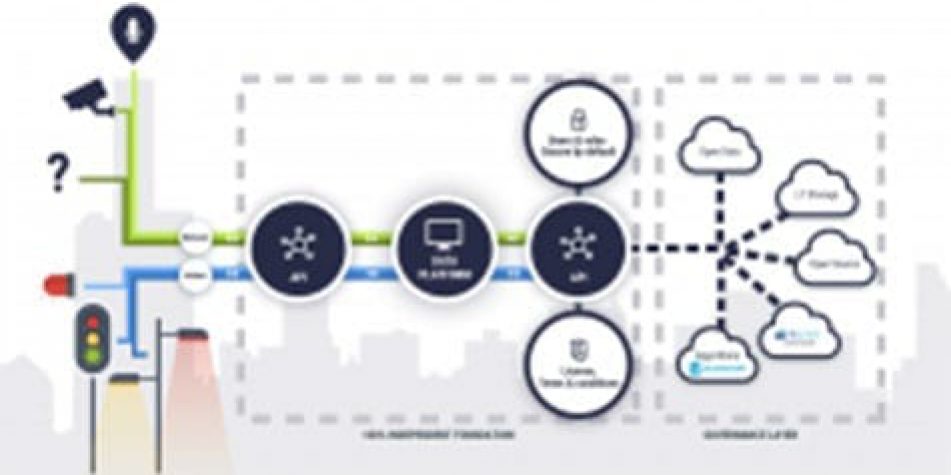Data Governance
Data Governance: Responsible use of data within Brainport Smart District
How do we handle data in a safe and responsible manner? Partly as a result of the discussions surrounding the Corona App, data use is increasingly the subject of a broad public discussion. Within Brainport Smart District (BSD) we have been working on the subject for some time, with the question in mind: how are we going to give residents of BSD maximum say in the use of data in their smart residential and working district?
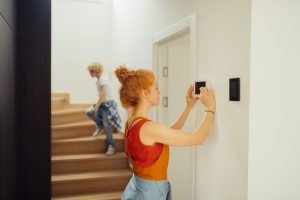
Project Data Governance
During the BSD Business Network Event on June 25, 2020, Cathalijne Dortmans, alderman in Helmond and chairman of the Brainport Smart District Foundation, discussed extensively how we want to ensure that the use of data in BSD takes place in the most responsible way with maximum control for residents. Peter Portheine, director of the BSD Foundation, explained that the subject of data is already a high priority in the programming of Brainport Smart District. A separate Data Governance project has been set up with the objective of guaranteeing the responsible use of data and technology.
Residents are not part of a tech company’s experiment
What makes Brainport Smart District unique is that the area to be developed is both literally and figuratively a greenfield. BSD is a neighborhood in the making: both the houses and the (digital) infrastructure are still under development. It is also unique that BSD arose from a collaboration between government organizations and knowledge institutions and that we are not affiliated with one or a few tech companies. This is often the case in other places where experiments are carried out with smart cities or districts.
Principles and agreements in a Data Manifest
BSD is made together with several companies. We have drawn up a Data Manifesto (document in Dutch) to conclude cooperation agreements with these companies. It lays down about twenty principles and intentions regarding the processing and use of data and the access to and use of the digital infrastructure. Parties participating in the development of BSD are asked to make maximum effort to realize the ambitions of the Data Manifesto. By entering into a collaboration agreement with BSD, they are also expected to endorse the ambitions in the Data Manifesto.
Moral Compass
The Data Manifesto is a living document. We are innovating and not everything can be determined in advance. What is state of the art technology today may be obsolete tomorrow. One of the tasks of the Data Advisory Team (formerly the Data Governance Board) is to ensure that we conduct the right discussions regarding the use of technology and how we continue to act within the framework of the law.
But it’s not just about technical and legal issues. It often concerns issues of a completely different order. For example: will we behave differently if we know that our behavior can be monitored? What are the conditions under which technology can be used and who determines these conditions? Does the end justify all means? This requires the deployment of external experts in the field of ethics, sociology, behavioral sciences, big data, etc. By setting up an Ethics team in which all these disciplines are represented, we at BSD have a moral compass that ensures that we are on the right course keep sailing.
Ethics Team and Data Advisory Team
The Ethics Team has now been assembled and all members were appointed by the Foundation Board in December 2020. The appointment of the Data Advisory Team will take place shortly.
EIGENAAR PROJECT
Brainport Smart District
PARTNERS
PROGRAMMALIJNEN
Digitale wijk

